Eye Surgery Negligence Claims
What are Eye Surgery Claims?
Eye surgery negligence claims can arise if it is possible to prove that there was negligence on behalf of a person who owed the patient a duty of care. In many cases, claims of this kind will be down to the surgeon but they can also be due to an anaesthetist or other member of the medical team.
If negligence can be proven and the responsible party is identifiable, a compensation claim can be pursued.
What Causes Eye Surgery Negligence?
There are a number of circumstances where eye surgery negligence claims can arise. This is a broad area of law but some instances are more common than others. As a result of medical negligence loss of sight in one eye can occur and, in the worst possible scenario, a patient may lose all vision.
Eyelid surgery complications are also typical and all diagnoses can potentially arise due to any of the following:
Surgical errors during the procedure
A patient not being correctly assessed
The patient not being informed of the potential risks of surgery
Failure on behalf of the practise to obtain detailed medical history
That’s a comprehensive list of the more common instances but it’s not an exclusive round up. Anyone who has suffered an injury where negligence is believed to be at the source should get in touch with professional compensation solicitors immediately.
What are the Most Common Types of Eye Surgery Claims?
Eye surgery now covers a wide range of conditions. The list of procedures is also flexible and, in recent years, we’ve seen a number of patients undergo laser eye surgery to correct their sight. It is, therefore, conceivable that the list will be added to in the future but for now, the following includes many of the most common types of eye surgery claims.
Eye lift surgery
Laser eye surgery
Botched eyelid surgery
Blepharoplasty gone wrong
Blepharoplasty scar
Blepharoplasty complication
Cataract surgery complication
Eye surgery negligence claims can, therefore, cover elective and prescribed procedures. That isn’t a complete list so, if you have suffered as a result of any eye surgery please get in touch.
How to make a Claim for Eye Surgery Claims?
If you intend to make a claim for eye surgery negligence, there is a recommended procedure in place. Eye injury claims that aren’t incurred as a result of negligence must be reported to the Injuries Board in Ireland and your nominated solicitor can help you through this process.
For eye surgery negligence claims, these fall outside of the Injuries Board remit and it is, therefore, advisable to appoint a solicitor. Your legal representative will gather the information and submit this, together with any supporting evidence, to the medical practise.
If the claim is acknowledged at this stage, a settlement can be negotiated. If, however, that claim is disputed, court action would be required if the claimant wishes to pursue the matter further and seek financial compensation. It’s a complex legal process from start to finish and, as such, appointing an experienced medical negligence solicitor is the best option.
What are the Legal Time Limits for an Eye Surgery Claim?
In regards to compensation claims where medical negligence is at the root, there are specific time limits in place. For all cases of medical negligence, including botched eyelid surgery, instances of blepharoplasty gone wrong and all other procedures, those affected have two years to submit a claim.
This limit is governed by Ireland’s Statute of Limitations Act and it relates to the point in time where symptoms manifested and were known to be serious. The legal term for this is the date of knowledge. It usually refers to the point when the procedure took place although it is possible that symptoms were delayed. If in any doubt, get in touch with your eye surgery solicitor.
How much Compensation can I get for Eye Surgery Claims?
The exact amount of compensation received for a successful claim will depend on a number of factors. Solicitors are often asked how much compensation for loss of sight in one eye but the settlement is not necessarily determined by the diagnosis.
The following is a list of potential criteria that would determine the figures involved in eye surgery negligence claims.
The nature and severity of the injury
Cost of medical bills and associated outlay
Costs projected in relation to ongoing care if it is required
Based on those factors, it may be possible to identify an average payout. The nature and severity of the injury can be the most pivotal criteria. Cases where there is temporary blurring or other damage to vision can be settled for a few thousand Euros. For permanent damage or loss of vision, settlements can be significantly higher.
Each case is treated on its own merits so, to find out more, we recommend getting in touch with eye injury solicitors who can identify more likely figures based on your individual circumstances.

